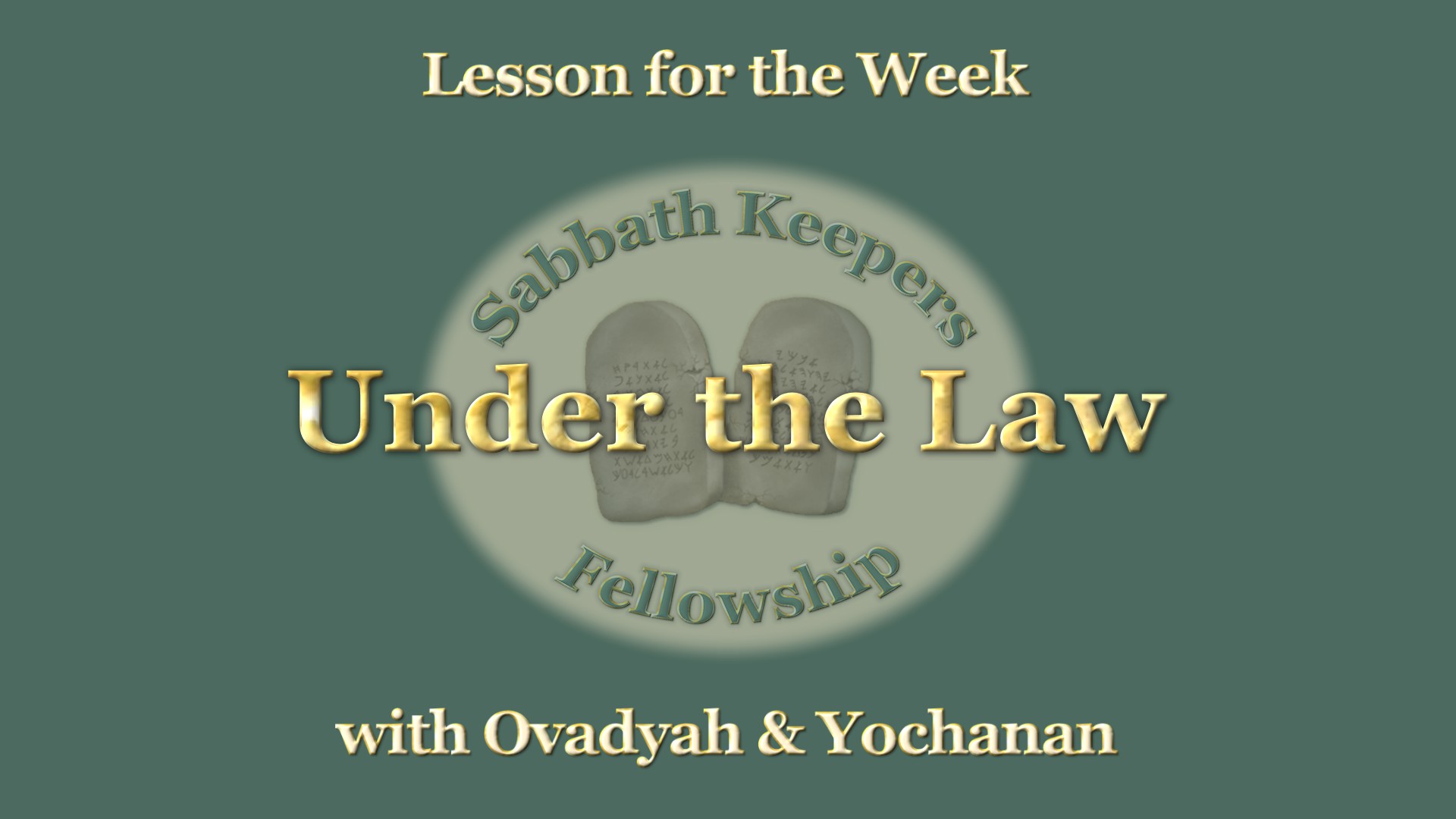Watch
Events
Articles
Market
More
All Membership Direct Debits for TTN Have Been Cancelled
This morning, I officially cancelled all Direct Debits through Stripe and PayPal as the process to close the business bank account has been initiated.
I want to take a moment to sincerely thank everyone who has supported TTN financially. Your contributions have been a truly selfless act, and they’ve helped keep the platform running for the broader Torah community.
It's still not too late as there are still 20 days left (as of this post) to explore whether TTN can continue operating. If you haven’t already, I encourage you to visit this post: https://social.ttn.place/post/....51122_help-keep-ttn- and share your feedback.
Every response counts, and your voice could help shape the future of TTN. Thank you again for your continued support and dedication.



Saudi Arabia and Israel are close to making peace. This is Bible prophecy coming to pass. Although we know it will only be artificial peace because in about 3 and 1/2 years the anti Messiah will break the peace treaty and fulfill the prophecy of Daniel concerning the abomination of desolation. Saudi Arabia is a Muslim country. Someone shared that they think Saudi Arabia will come to agree with Israel concerning the Bible. I shared a video on my site about this. I don't know how much of that will actually happen but we'll know as the days progress. Let's continue to pray for the peace of Jerusalem.



Psalms 91:14-16 TLV
[14] “Because he has devoted his love to Me, I will deliver him. I will set him securely on high, because he knows My Name. [15] When he calls on Me, I will answer him. I will be with him in trouble, rescue him, and honor him. [16] With long life will I satisfy him and show him My salvation.”
https://bible.com/bible/314/psa.91.14-16.TLV



Shalom, friends,
We invite you to join us live on Zoom and YouTube at 4pm Central Standard Time on this Sabbath afternoon, 12/14/2024, for scripture study and prayers.
The lesson for the day is titled: "Under the Law"
Join us on Zoom at: https://us06web.zoom.us/j/4731209848
Join us on YouTube at: https://youtube.com/live/A1OZRCUTue4
The original article this week's lesson is based upon, as well as many others, can be found in the Library page of our website at: https://sabbathkeepersfellowship.org/library




When Esau and Jacob parted company, Esau took the land formerly claimed by Lot near Sodom. Coincidence? Probably not.
Esau's descendants followed his example. They built kingdoms and cities long before his brother Jacob did, but they burned out quickly. They were now-people, where God's people are tomorrow-people. Where is Edom today and where is Israel?
https://www.americantorah.com/....2016/12/17/the-passi



In #romans 1:1 Paul said that he was commissioned to preach the Gospel of God, but what exactly is the "Gospel"? Don't just assume you know what it means. Verse 2 points us in the right direction: It was promised beforehand through the Prophets of the Old Testament.
https://rumble.com/v31fs4m-wha....t-is-the-gospel-of-g



Rhy Bezuidenhout
Would there be a concern to reactivate existing direct debits and then if anyone has offered in the poll to upgrade to a new membership then we can action that after? This will help me to get the ball rolling in the meantime?
Delete Comment
Are you sure that you want to delete this comment ?